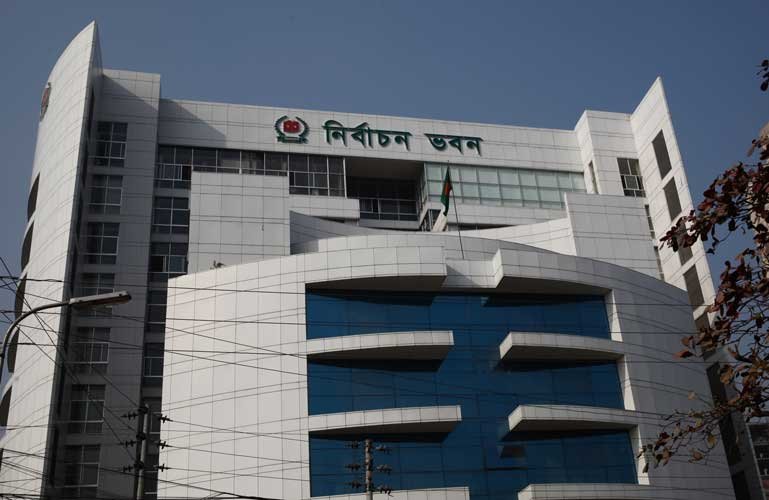The Election Commission (EC) has confirmed that the interim government is targeting a December 2025 timeline for the next general elections. However, key stakeholders and political parties continue to press for a clear electoral roadmap.
Election Commissioner Abul Fazal Md Sanaullah shared this update after meeting yesterday with ambassadors and representatives from 18 development partner nations, including the UNDP.
This meeting and announcement come six months after the July mass uprising that reshaped the country’s political landscape.
Yet the central question remains: When will the roadmap be announced? Speculation has been rife since Monday’s meeting between Chief Adviser Professor Muhammad Yunus and BNP leaders, during which indications surfaced that both sides are leaning toward a December election.
Following this, on Monday, Chief Adviser’s Press Secretary Shafiqul Alam said in a briefing that the first consensus meeting between political parties and the Election Commission is set for February 15. Still, many political parties remain unconvinced.
They argue that a formal roadmap from the interim government is essential to confirm the commitment to holding elections within the declared timeframe. They had expected that specifying the roadmap’s release date would clarify the schedule for the upcoming meeting between the Chief Adviser and the political parties.
Local elections on hold?
Yesterday, the Election Commission made it clear that there are no plans for local elections before the national polls. While EC officials acknowledged that the government has the authority to call local government elections earlier, they reiterated that their primary focus remains on preparing for the parliamentary vote.
Local Government, Rural Development, and Cooperatives Ministry Adviser Asif Mahmud Sajib Bhuiyan echoed this sentiment on Monday, saying that although a policy decision regarding local elections has been reached, a final decision is yet to be made.
During the post-meeting press conference, the EC chief referred to Chief Adviser Yunus’s December 16 speech, in which he outlined two possible election timelines: a December 2025 poll if minimal reforms are pursued, or a mid-2026 election if additional time is needed for deeper electoral changes. The EC is preparing for the earliest possible date while maintaining flexibility.
One key issue raised during the discussion was whether national and local elections could be held simultaneously. The EC chief addressed this by stating that although the idea was floated, logistical constraints make it unlikely. Based on past experiences, he explained that conducting local elections in multiple phases can take up to a year—something that would inevitably delay the national vote. For now, the EC’s priority remains the general elections.
“If the government decides to hold local government elections before the general election, we will execute that decision accordingly. But for now, our focus is on national polls,” Sanaullah said.
Regarding the scope of local elections, he added: “The decision on which local government bodies will go to the polls before the national elections lies with the government. Only then can the EC assess whether it would impact the general election timeline.”
However, following a meeting with the Chief Adviser on Monday, BNP Secretary General Mirza Fakhrul Islam Alamgir made it clear that his party will not accept any local government elections ahead of the national polls.
“We have said before—and we are saying it again—that there will be no elections before the national election,” he asserted.
When pressed on the timeline for the election roadmap, Fakhrul responded: “That is up to them [the government]. They might say something by February 15.”
UNDP says next Bangladesh election will be the 'most credible' yet
Expressing optimism about a free and fair electoral process, UNDP Bangladesh’s Resident Representative, Stefan Liller, stated that the upcoming national elections could be the most credible in the country's history. He spoke to journalists following the EC meeting and revealed that in late December the EC formally requested UN support for the electoral process. In response, a UN team visited Bangladesh for two weeks in January to assess the types of technical assistance that could be provided.
Representatives from key international stakeholders participated in the meeting, including delegates from the United States, Japan, the United Kingdom, Italy, Switzerland, Australia, Spain, Canada, Germany, China, the Netherlands, Norway, Sweden, Denmark, France, South Korea, the EU, and Turkey.
Liller emphasized that their role is strictly supportive, with the goal of ensuring a free and fair election.
“We are assisting the Election Commission in holding the most transparent and credible elections in Bangladesh’s history. But the decision on the election schedule remains with the interim government and the EC,” he said.








